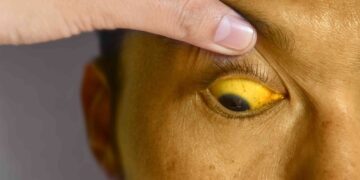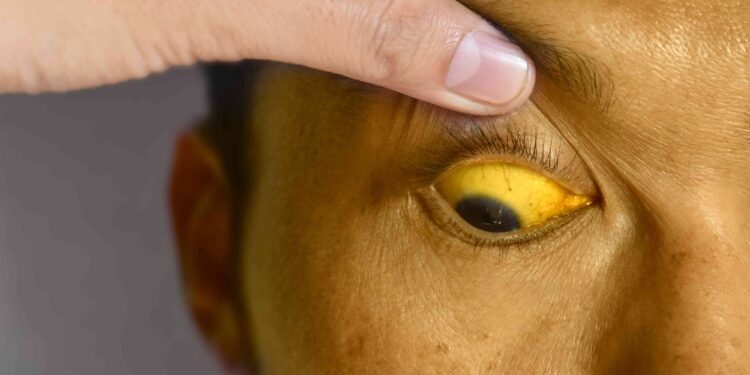Your liver is an essential part of your digestive system, working hard to filter out toxins from your blood, process medications, produce bile to help digest fat, store glucose, and create proteins needed for blood clotting. It’s a resilient organ, capable of regenerating its cells to some degree. However, if it suffers repeated damage, it can become inflamed, scarred, and develop cirrhosis, leading to a smaller, harder liver that doesn’t function well. High alcohol or toxin intake, a fatty diet, and viral infections like hepatitis can all damage the liver. Often, liver disease shows no symptoms until the damage is quite advanced.
Signs that your liver might be in trouble include:
Fatigue and tiredness
Although doctors aren’t exactly sure how liver damage causes tiredness, it’s a common symptom.

Nausea
Feeling sick can occur because toxins accumulate in the bloodstream when the liver’s ability to filter them out decreases.

Pale stools
Normally, bile salts released by the liver give stools their dark color. Pale stools may indicate a liver problem or an issue with the biliary drainage system. Black, tarry stools in advanced liver disease are due to blood passing through the gastrointestinal tract and require urgent medical attention.

Yellow skin or eyes (jaundice)
Jaundice results from the buildup of bilirubin (a bile pigment) in the blood, which the liver can’t process effectively. This may also cause itchy skin.

Spider naevi
These small, spider-shaped arteries appear in clusters on the skin as red dots with radiating blood vessels. While common in healthy women, large numbers on the upper body or in men may indicate liver disease.

Bruising easily
Easy bruising occurs because the liver’s ability to produce clotting factors is reduced.

Advertisement

Reddened palms (palmar erythema)
About a quarter of people with liver cirrhosis develop a reddening of the skin on the palms.

Dark urine
Urine that is dark orange, amber, cola-colored, or brown can indicate liver disease. This discoloration is due to excess bilirubin building up because the liver isn’t breaking it down normally.

Swollen abdomen (ascites)

Ascites is caused by fluid retention in the abdomen. The legs and ankles may also swell due to fluid retention.

























Discussion about this post